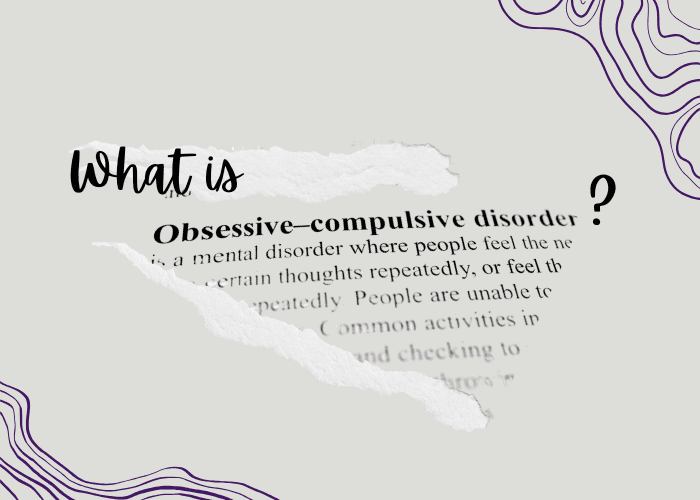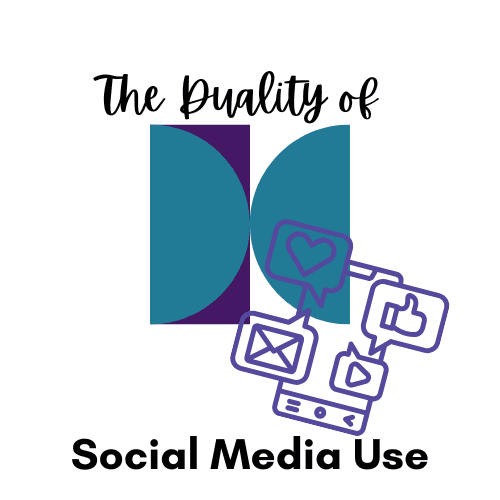
May is Mental Health Awareness Month! For that reason, we’ll be focusing on different mental health disorders this month. Of course, there are many mental health disorders that people think of immediately. Things like depression, anxiety, and PTSD are some of the most commonly spoken about. This week, we’ll be discussing obsessive compulsive disorder (OCD).
What is OCD?
OCD is a mental health disorder that is characterized by either intrusive, obsessive thoughts and/or compulsive behaviors. The intrusive thoughts are always unwanted and something the individual usually has a hard time stopping to think about. More often than not, these thoughts also cause intense anxiety or distress in the person. Compulsions are behaviors that a person feels they must do and usually repetitively. Often, compulsions are used to reduce anxiety around intrusive thoughts. However, they can exist on their own and not be tied to them.
Is It Really That Bad?
OCD can not only be very distressing for someone, but it can also be something that takes up a lot of their time. Often, compulsions can take hours out of someone’s day when all of the time is added up together. The anxiety that the thoughts and compulsions cause is also very significant for most people. Many people with OCD experience debilitating anxiety as a result of their disorder.
How is it Treated?
Obsessive compulsive disorder is treated primarily through therapy. Exposure and response prevention therapy (which we’ve talked about before!) is a very effective form of CBT that works with those who have OCD. Other more traditional forms of CBT are also used to treat this disorder, but it depends on the severity and complexity of the case. In some cases, medications such as sertraline will be prescribed in order to help alleviate some symptoms.
What Can I Do?
If you have OCD, or feel you may, it’s best to seek treatment ASAP. Getting therapy is one of the most effective ways to combat this disorder. The sooner it is treated, the sooner you’ll feel relief from that distress! Therapy can also make it much easier to stay on top of symptoms and keep relapses at bay in the future.
What is OCD?



